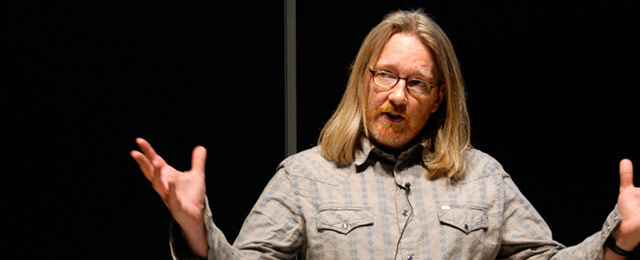Frontiers of Biomedical Engineering

The course covers basic concepts of biomedical engineering and their connection with the spectrum of human activity. It serves as an introduction to the fundamental science and engineering on which biomedical engineering is based. Case studies of drugs and medical products illustrate the product development-product testing cycle, patent protection, and FDA approval. It is designed for science and non-science majors.
This Yale College course, taught on campus twice per week for 50 minutes, was recorded for Open Yale Courses in Spring 2008.
Syllabus
The course covers basic concepts of biomedical engineering and their connection with the spectrum of human activity. It serves as an introduction to the fundamental science and engineering on which biomedical engineering is based. Case studies of drugs and medical products illustrate the product development-product testing cycle, patent protection, and FDA approval. It is designed for science and non-science majors.
Enderle, John D., Susan M. Blanchard, and Joseph D. Bronzino, eds. Introduction to Biomedical Engineering. Boston: Elsevier Academic Press, 2005.
Saltzman, Mark. Drug Delivery. New York: Oxford University Press, 2001.
Saltzman, Mark. Tissue Engineering. New York: Oxford University Press, 2004.
Sherwood, Lauralee. Human Physiology: From Cells to Systems, 5th edition. Belmont, California: Brooks/Cole, 2004.
Biomedical Engineering: Bridging Medicine and Technology, in preparation by Mark Saltzman (forthcoming by Cambridge University Press)
Students are required to read assigned chapters before lectures and attend weekly section meetings. Completion of weekly homework assignments and one term paper is required in addition to Midterm and Final exam (non-cumulative).
Midterm: 30%
Final: 30%
Research paper: 30%
Homework: 10%